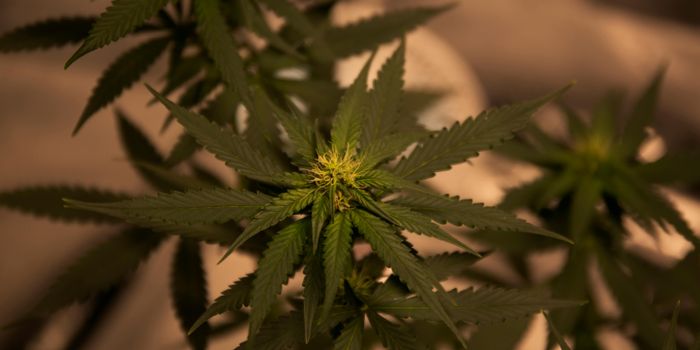Portable Device Detects Synthetic Cannabinoid Spice
A University of Bath research team developed a portable, low-cost instrument that detects the presence of illegal drugs soaked into paper or fabrics. This device will be beneficial in detecting lab-made synthetic cannabinoids or Novel Psychoactive Substances (NPS) known as Spice. Spice mimics the effects of psychoactive tetrahydrocannabinol (THC) found in the cannabis plant, but it is much more potent and unpredictable. The researchers explained the device's effectiveness in a study published in the journal Analytical Chemistry.
The device detects synthetic cannabinoids like Spice, a psychoactive substance commonly used in the UK's prisons and homeless communities. Spice is cheaper and easier to get than natural cannabis. The potentially fatal drug often causes extreme side effects such as stroke, psychosis, seizures, paranoia, and anxiety. Spice is soaked into paper or another solid material such as fabric and smuggled into prisons. According to study author Dr. Christopher Pudney, "Typically, Spice enters prisons on paper, and once it's inside, it's divided into smaller paper sheets in the prison and then sold. The paper is crumpled up and inserted into a vape pen and smoked, so detection in the prison environment is incredibly challenging." Most current detection tools cannot produce reliable results when testing synthetic compounds, so this new device could effectively reduce synthetic drug smuggling.
The device lights up when it detects the fluorescent properties that comprise the core component of the synthetic cannabinoid molecule. Its LED lights glow brighter with greater artificial cannabinoid concentrations. The device can detect various drugs instantly with high accuracy (95%). The University of Bath research team will further modify the device, so it tests for all types of synthetic drugs, including benzodiazepines and opioids.
The research team seeks a company that can manufacture the device at scale and distribute it to prisons, probation agencies, homeless shelters, and charitable organizations.
Sources: Analytical Chemistry, Eureka News Alert, University of Bath








